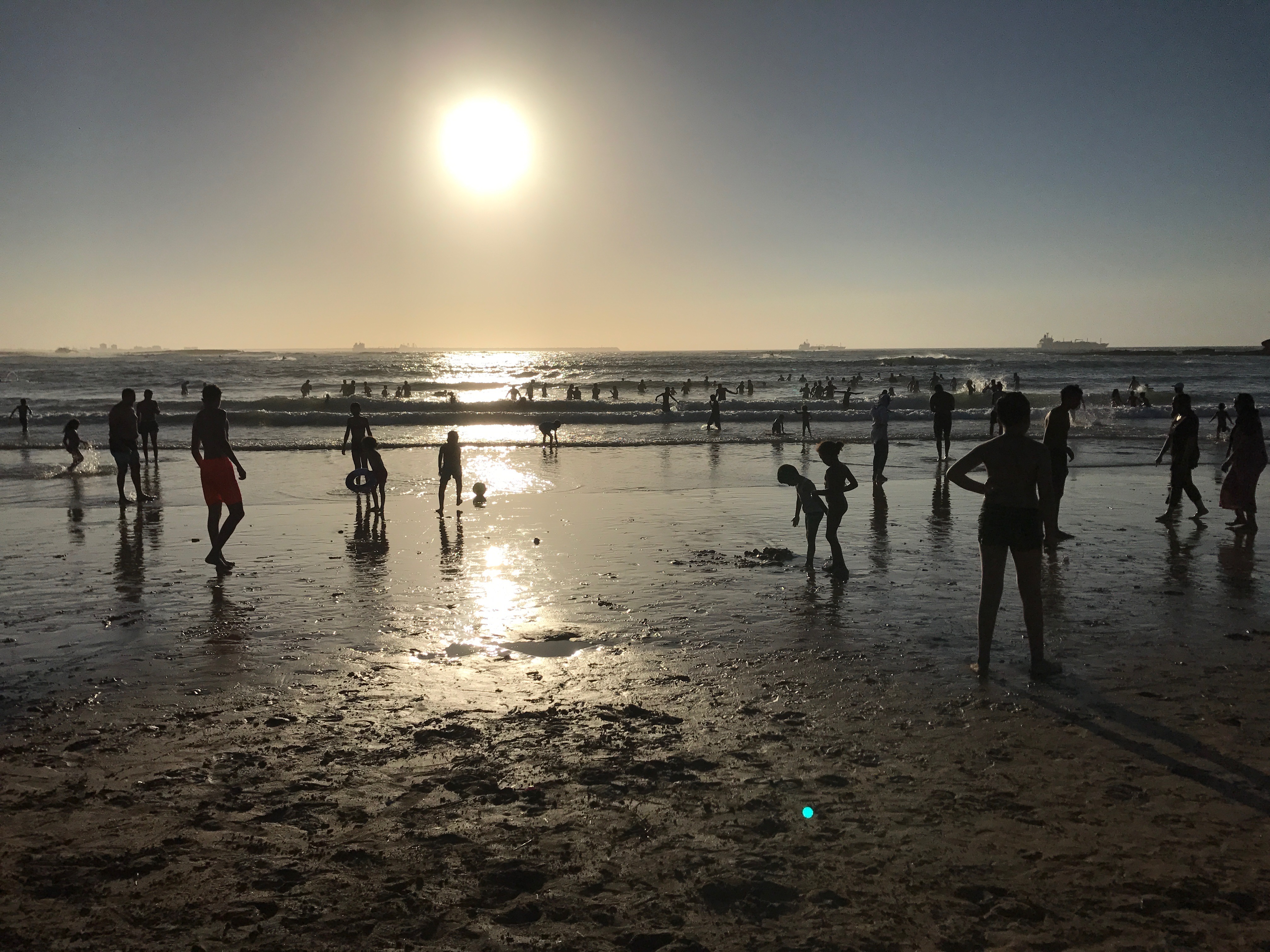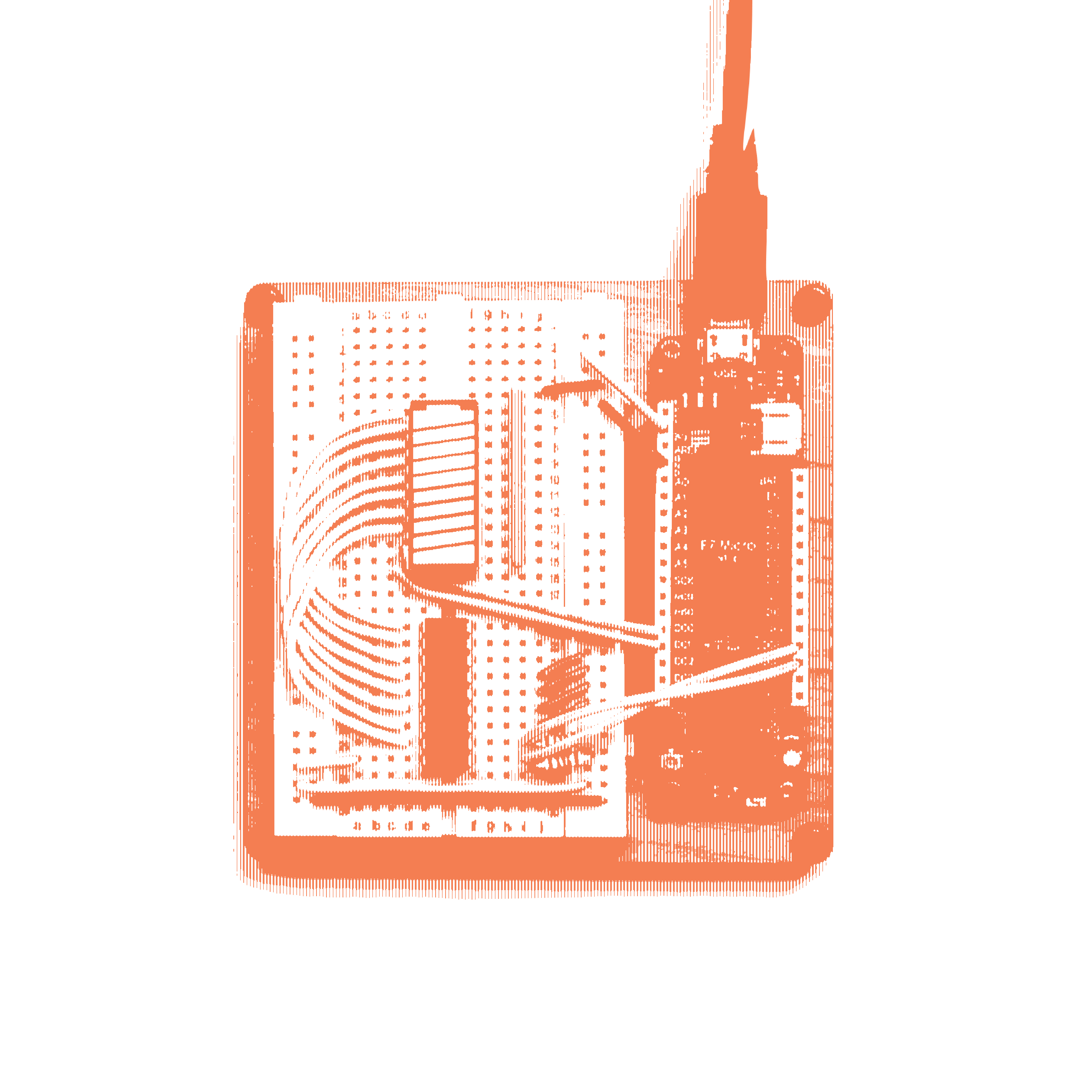
JANUARY 2, 2018 RABAT, MOROCCO—For David Alvarado, a Spanish journalist who has been covering North Africa for more than a decade, the real indication of how free journalists are to report in Morocco is which government ministry is watching most closely.
Officially, it’s the Ministry of Communications that issues press cards and can expel journalists or ban them from working here, says Mr. Alvarado, the former North African correspondent for Spanish-language CNN.
But in the past several years, he adds, the powerful Interior Ministry, responsible for national security, has been keeping tabs on him, calling to let him know that their agents saw him talking to people they didn’t like.
“We live in a democracy,” Alvarado says in his tidy office in the capital, where he runs a media-consulting business. “We are free to vote in the election. But the regime restricts many things it doesn’t want.”
Last year, Morocco overhauled its speech and press laws, a move the country heralded as a major step toward a free press. The intent was to decriminalize all speech that does not incite violence.
But as a Human Rights Watch report noted, Morocco’s penal code undercuts the new laws. The judiciary hands out prison sentences for reporting it deems harmful to Islam, the king, or the country, which doesn’t leave much room for critical coverage of the most influential issues in Morocco.
The threat of harassment, arrest, fines, and suspension – as well as economic pressure from advertisers close to the monarchy – has stifled coverage of the government and of citizen protests, including the mostly peaceful demonstrations that have taken place in Morocco’s northern Rif region since a fish seller was crushed to death last year in a garbage truck as he tried to retrieve fish confiscated by police.
Self-censorship
Hamid El Mahdaoui, founder and editor-in-chief of an Arabic-language online news website that has since been shut down, was sentenced to three months in prison after being arrested in July while covering a banned protest. Several other journalists also have been arrested and at least one foreign journalist was deported after his coverage was published. International human rights organizations have called for their release.
As a consequence of such measures, says Abdelmalek El Kadoussi, a communication professor in Meknes, the majority of journalists have taken to practicing self-censorship to avoid getting in trouble in the first place. And the list of stories they steer clear from has grown in recent years.
“Now, the king and the royal family are not the only official redlines,” says Professor El Kadooussi, who analyzed self-censorship in the Moroccan media from 2011-2016. “Other institutions like the military, the judiciary, and the security department are as well.”
In September, a video blogger was sentenced to 10 months in prison after publishing reports on police corruption, and last year seven journalists and educators were put on trial for organizing a Dutch-funded training on how citizens can use a secure mobile storytelling app. The trial has been repeatedly postponed for two years.
El Kadoussi says the consequence of the self-censorship is chilling for both journalists and for citizens. Traditional press readership has dwindled because the news outlets are simply not seen as credible sources of information. “Citizens have noticeably migrated to the digital space, which actually offers myriad less-constrained venues and platforms for criticism and investigation,” he says.
Discrediting the reporter
Journalists in Morocco had a brief honeymoon period after a young and comparatively progressive King Mohammed VI came to power in 1999 following the death of his iron-fisted father, King Hassan II. But it didn’t last. And when reporters started poking around the monarchy’s vast financial interests and exposing potential corruption or writing about the slow pace of change, they were quickly shut down.
In recent years, when the Ministry of Communication doesn’t like a story in the press, it seeks to discredit the reporter by leaking information about the journalist to other media, according to journalists and free press advocates interviewed for this article.
“What is happening in Morocco is they are pushing any kind of [critical reporting and discussion] to the social media,” says Aboubakr Jamaï, co-founder of the Moroccan news magazine Le Journal, which closed in 2010. “This fallacy of thinking is crazy and very dangerous. People have to go to Facebook to know what is going on in Morocco. They can’t read or watch the TV station to know what is going on.”
The problem is exacerbated by how media are funded and supported in Morocco. Businesses with ties to the monarchy control the advertising dollars that fund the news outlets. When a news outlet publishes content that is considered unfavorable or critical of the government, advertisers pull out. That financial carrot and stick is a powerful tool the government uses to control the press, says Maati Monjib, an outspoken Moroccan journalist and professor who went on a hunger strike in 2105 to protest declining press freedoms in the country.
Le Journal was stymied by lawsuits and an advertising boycott resulting from its critical reporting of the government, and Mr. Jamaï ultimately left the country. In a Skype interview, Jamaï, now the dean of a business and international-relations school in France, says he could no longer promise funders that he could move toward a sustainable business model because of economic pressures from the government. “There is no ability of the press to hold our elites accountable,” he says.
Media links to royal family
That financial pressure was highlighted by the findings of a Morocco media-ownership survey released late last month by Reporters Without Borders. It found that the royal family was the leading media owner in Morocco. Nine of the 36 most influential media companies in the county are linked to the government or royal family, it found. Advertising dollars, which fund media operations, are directed to these companies.
Only 17 of the 46 media companies contacted for the survey, which was conducted with Moroccan Le Desk, a subscriber-based news outlet, agreed to share information about their ownership, Ms. Kacha says. Although Moroccan law requires media companies to register with the government, information in the commercial registry was missing or not updated.
That has meant shadowy and often unpredictable treatment of journalists.
Alvarado, who has been living in Morocco since 2003, published a book last month on the Rif protests and has reported from the mountainous region without incident while covering the movement known as Hirak. He isn’t reporting from the Rif for the first time, he notes. “I worked on many subjects in many other regions and countries in the Maghreb,” he says, referring to the North African region. “The good ones and the worst ones. I think I'm respected by this.”
'I'm very discreet, which helps'
Moroccan freelance journalist Aida Alami, who went to journalism school at Columbia University in the United States and writes for Bloomberg and The New York Times, among other publications, also is largely left alone.
Ms. Alami doesn’t shy away from news reports that could embarrass Morocco, which carefully manages the image it portrays to the West. A few weeks ago, she wrote a story for The New York Times about a stampede during a food distribution in Marrakesh that left 15 dead. She’s also written about the Rif protests for the Times and for Al Jazeera.
She says her reporting has been factual and doesn't attempt to advocate, which is one of the reasons she isn’t bothered. “I’m very discreet, which helps,” she says. “I’m not trying to brand myself as an anti-Morocco journalist.”
Morocco also does not have financial leverage over The New York Times in the way that it does for publications published in the kingdom. The majority of Moroccan news consumers don’t see the critical coverage that appears outside of the country.
“I can’t trust anything I read in Morocco,” says Achraf El Bahi, an English translator who has worked with foreign journalists and other organizations.
In spite of that and maybe because of it, Mr. El Bahi sees opportunity. He is launching an English-language magazine from Rabat next year. He is well aware that pressures from the government can make or break a new media outlet, he says. His magazine will focus on culture and not venture into politics. Nonetheless, he knows it won’t be easy, he says over tea one afternoon near the modern art museum named after King Mohammed VI.
“For anything to change, for media integrity, it’s going to be the job of civil society,” El Bahi says. “Journalism in Morocco needs people willing to support it.”












